




Link building involves obtaining high-quality, relevant backlinks to a website or webpage to boost its organic search engine rankings and enhance its authority. This is typically accomplished through various strategies, including content syndication, guest posting, directory submissions, social media engagement, and broken link building. As a critical component of SEO, link building plays a vital role in driving targeted organic traffic to a website.


Link building is the practice of securing hyperlinks from external websites to your own, a key component of search engine optimization (SEO). Search engines like Google use these links as a primary factor in assessing a website’s ranking in search results. By connecting with other websites, bloggers, or online publications to link to your content, you enhance your site’s credibility, authority, and perceived value, boosting its visibility in search rankings. The quality and relevance of these links are critical, as search engines prioritize links from reputable, niche-related websites. Strategies for link building include creating and promoting content, guest blogging, influencer outreach, and broken link building, all aimed at establishing a strong online presence, increasing organic traffic, and improving search visibility.
Effective link building requires strategic planning and execution. Here’s a streamlined guide to the process:
1. Define Objectives: Establish clear goals for your link-building efforts, such as boosting traffic, improving rankings, or increasing brand visibility.
2. Research Targets: Identify your audience and authoritative websites relevant to them. Create a list of potential sites for link acquisition.
3. Produce Quality Content: Develop valuable, unique content like blog posts, infographics, or videos that appeal to your audience and encourage linking.
4. Engage in Outreach: Contact relevant websites to propose guest posts, pitching content ideas that benefit their audience while including links to your site.
5. Promote Content: Share your content via social media, email campaigns, and influencer networks to increase exposure and encourage organic linking.
6. Reclaim Links: Monitor brand mentions online and request links from authors or site owners who mention you without linking.
7. Fix Broken Links: Find broken links on relevant sites and suggest your content as a replacement to secure new links.
8. Partner with Influencers: Collaborate with industry experts or influencers for content contributions or interviews, often earning links and broader reach.
9. Track Performance: Use tools to monitor backlinks and rankings, analyzing results to refine your approach.
Focus on building lasting relationships and securing high-quality links from credible sources, prioritizing value over volume for sustainable results.
Link building significantly enhances SEO by improving a website’s search engine performance in several ways:
1. Higher Organic Rankings: Quality backlinks from authoritative sites signal credibility to search engines, improving your site’s ranking for relevant keywords.
2. Better Crawlability: Links from other sites help search engine bots discover and index your pages more efficiently, enhancing visibility.
3. Increased Referral Traffic: Backlinks from relevant, high-traffic sites drive targeted visitors to your website, boosting engagement.
4. Enhanced Brand Authority: Links from reputable sources elevate your brand’s credibility and visibility within your industry.
5. Optimized Anchor Text: Descriptive anchor text in backlinks provides context to search engines, improving relevance for specific keywords.
6. Amplified Social Reach: Links shared on social platforms increase content exposure, generating social signals that indirectly support SEO.
Quality and relevance are paramount; low-quality or spammy links can harm your site’s reputation and lead to penalties. Prioritize natural, authoritative links for optimal SEO impact.
Link building costs vary based on strategy, scope, and resources. Key approaches and their cost considerations include:
1. DIY Link Building: In-house efforts are primarily time-based, requiring investment in research, outreach, and content creation, with minimal direct costs.
2. Outreach Agencies: Hiring agencies or freelancers for link acquisition can cost from a few hundred to thousands of dollars monthly, depending on their expertise and campaign scale.
3. Content Creation: Outsourcing high-quality content like articles, videos, or infographics incurs costs based on complexity and professional fees.
4. Influencer Partnerships: Paid collaborations with influencers or industry experts vary widely, depending on their reach and agreement terms.
High-quality backlinks signal to search engines that your content is valuable and credible, boosting your pages’ rankings in search results.
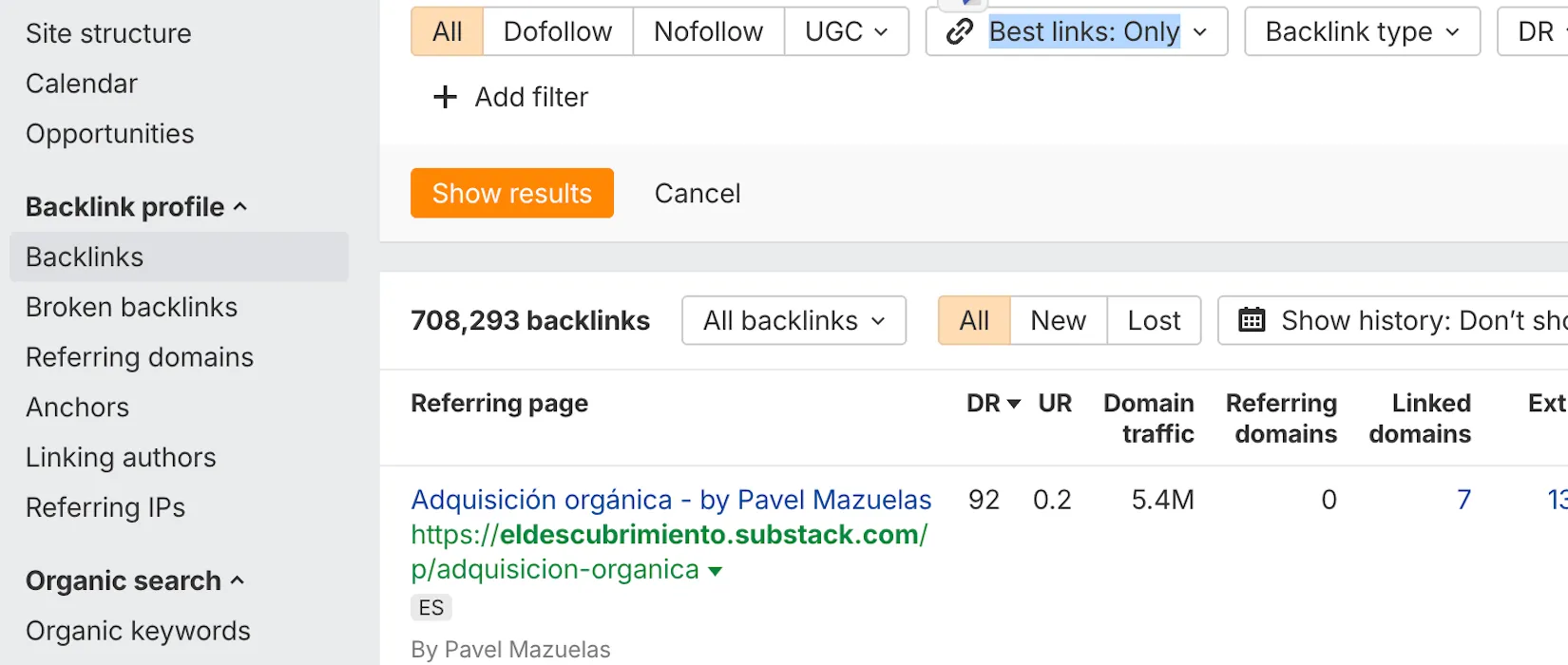

Better rankings for targeted keywords attract more visitors from search engine results pages (SERPs), driving organic growth.
Backlinks from reputable, relevant websites establish your site as a trusted resource for both search engines and users.
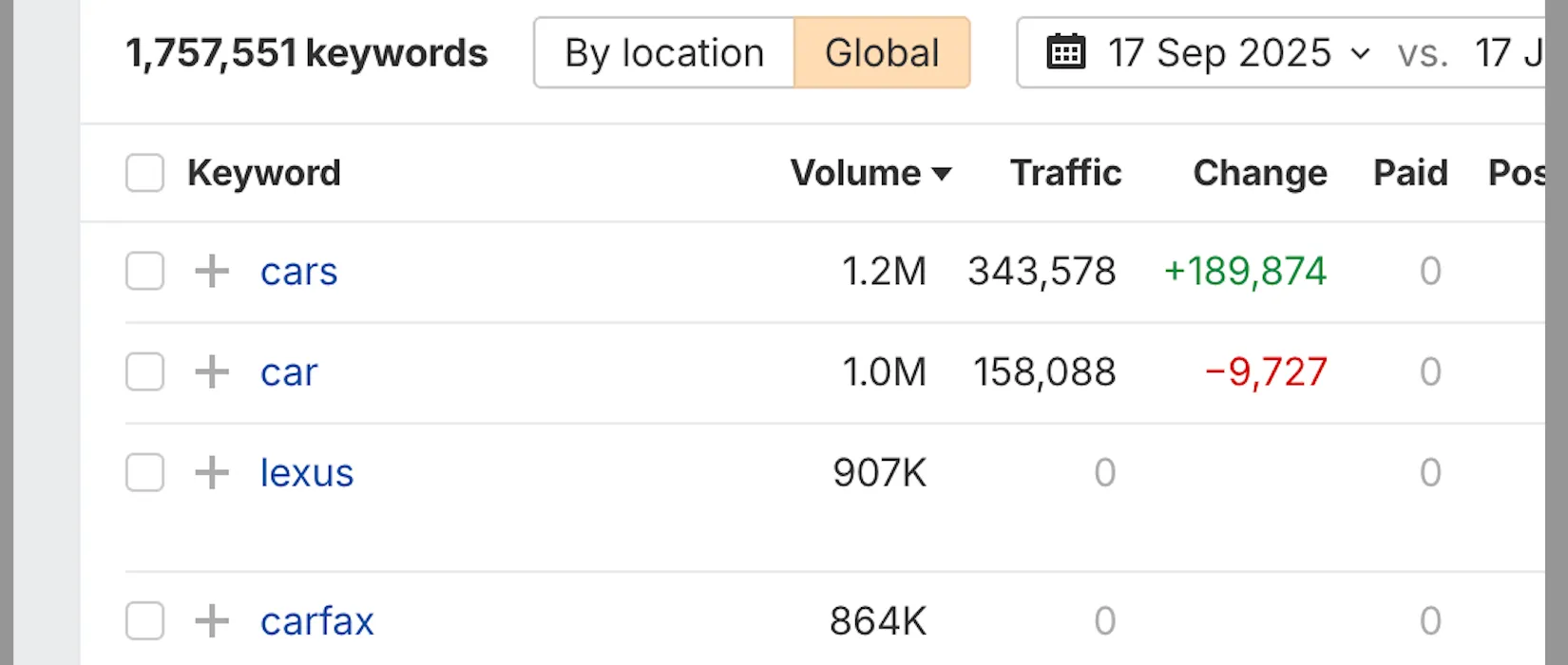
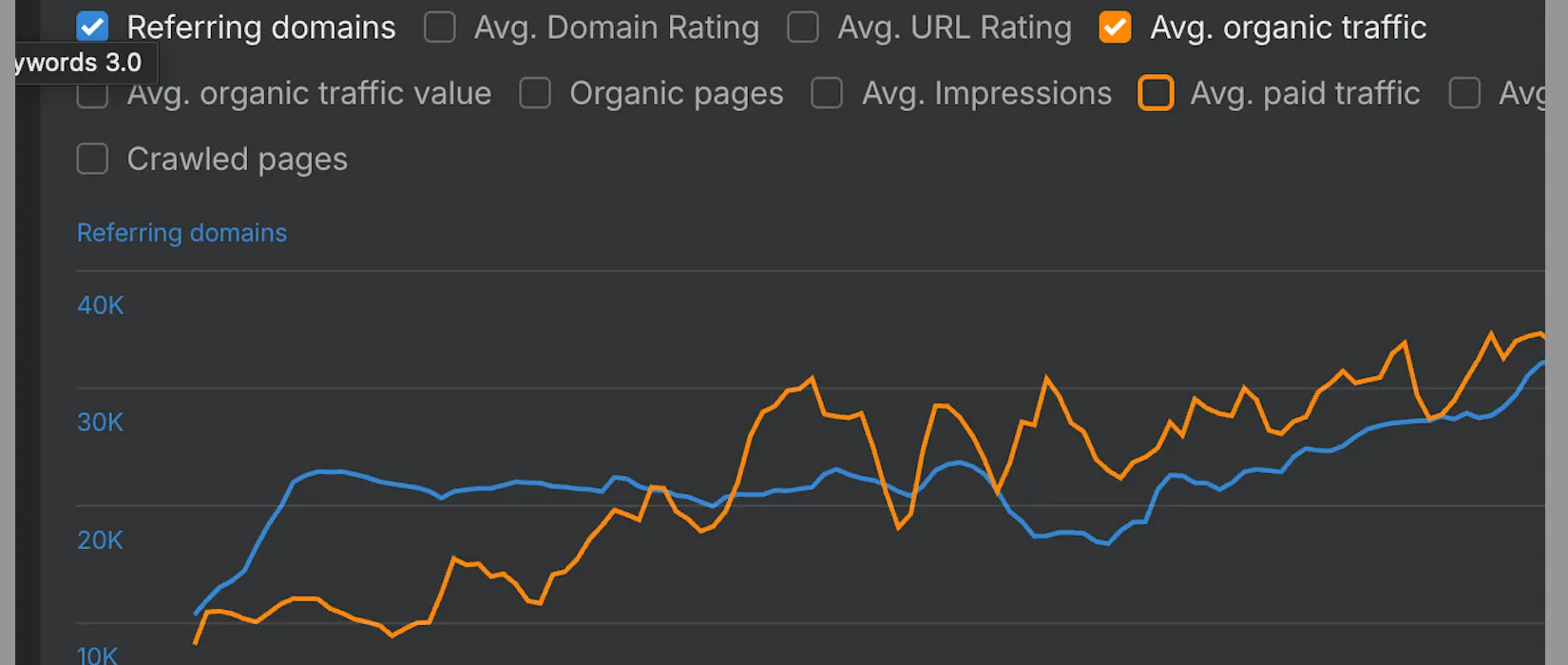
Being featured on authoritative websites exposes your brand to new audiences, amplifying your visibility and recognition.
Produce original, engaging content like blog posts, infographics, or videos that naturally attract links due to their value and shareability.
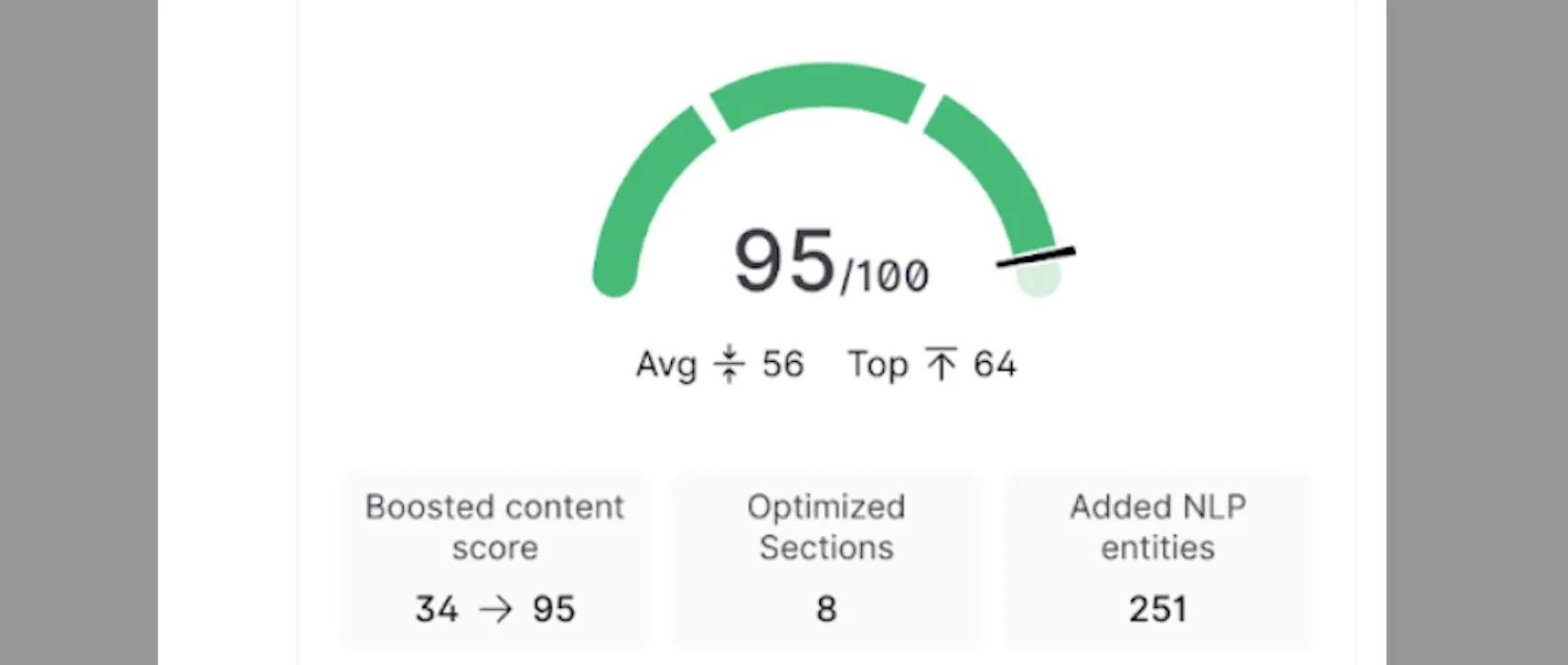
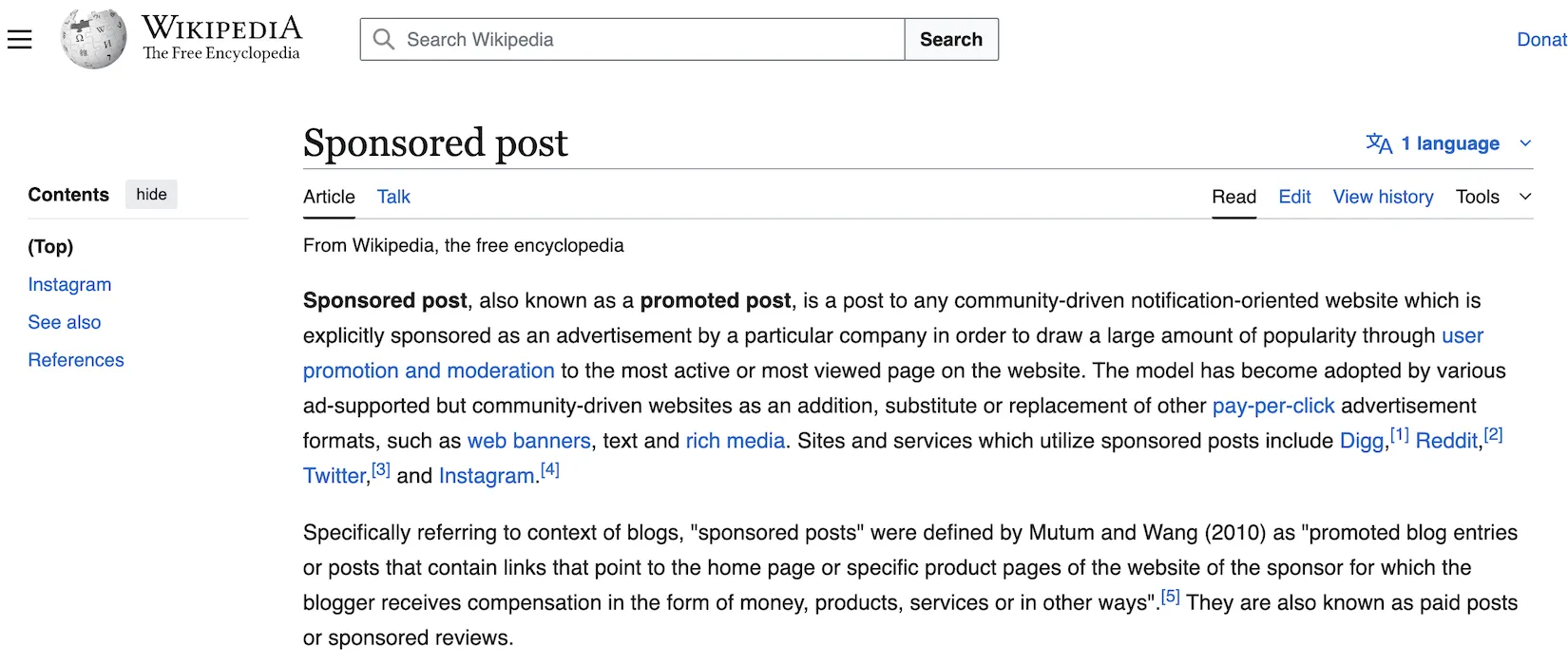
Contribute articles to reputable websites in your niche, embedding links to your site in the content or author bio.
Collaborate with industry influencers to promote your content or secure links through testimonials or endorsements.

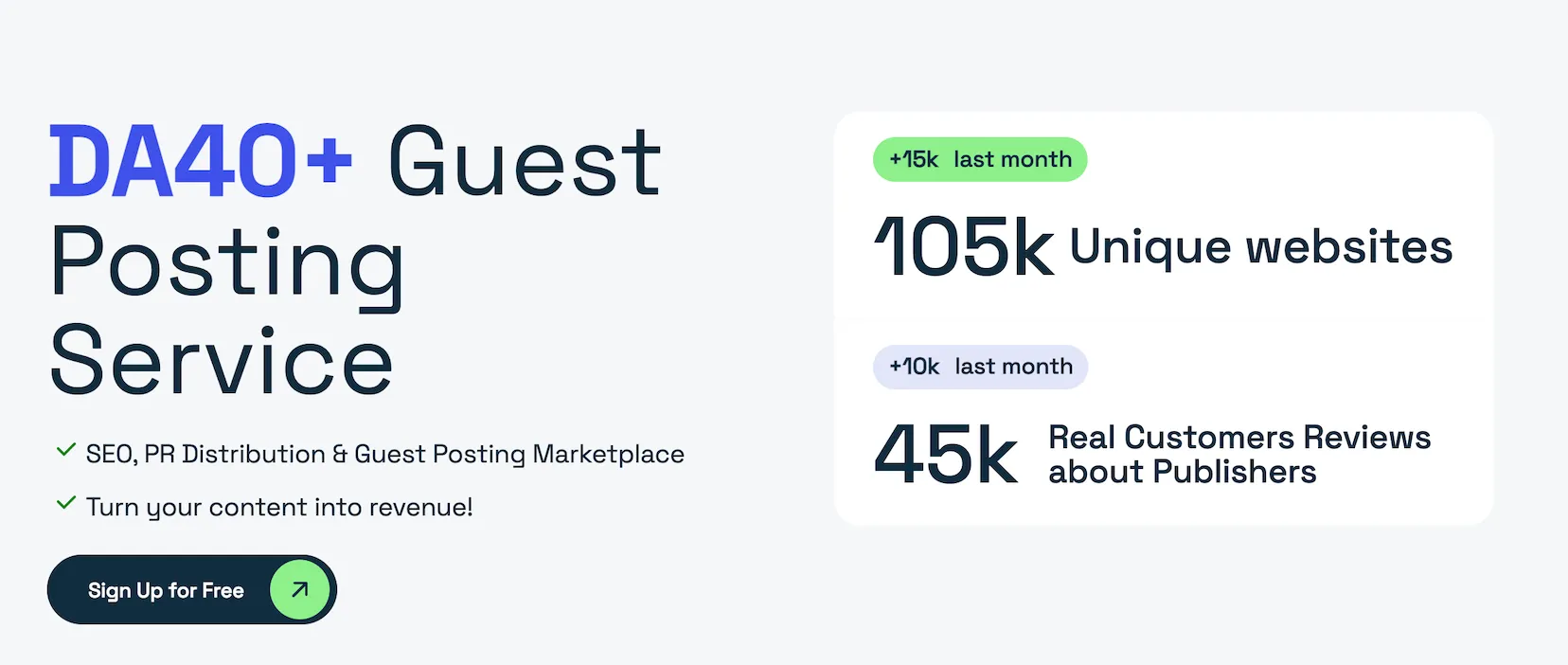
Connect with website owners and content creators, offering mutual value to earn links.
Identify broken links on relevant websites and propose your content as a suitable replacement to secure a backlink.
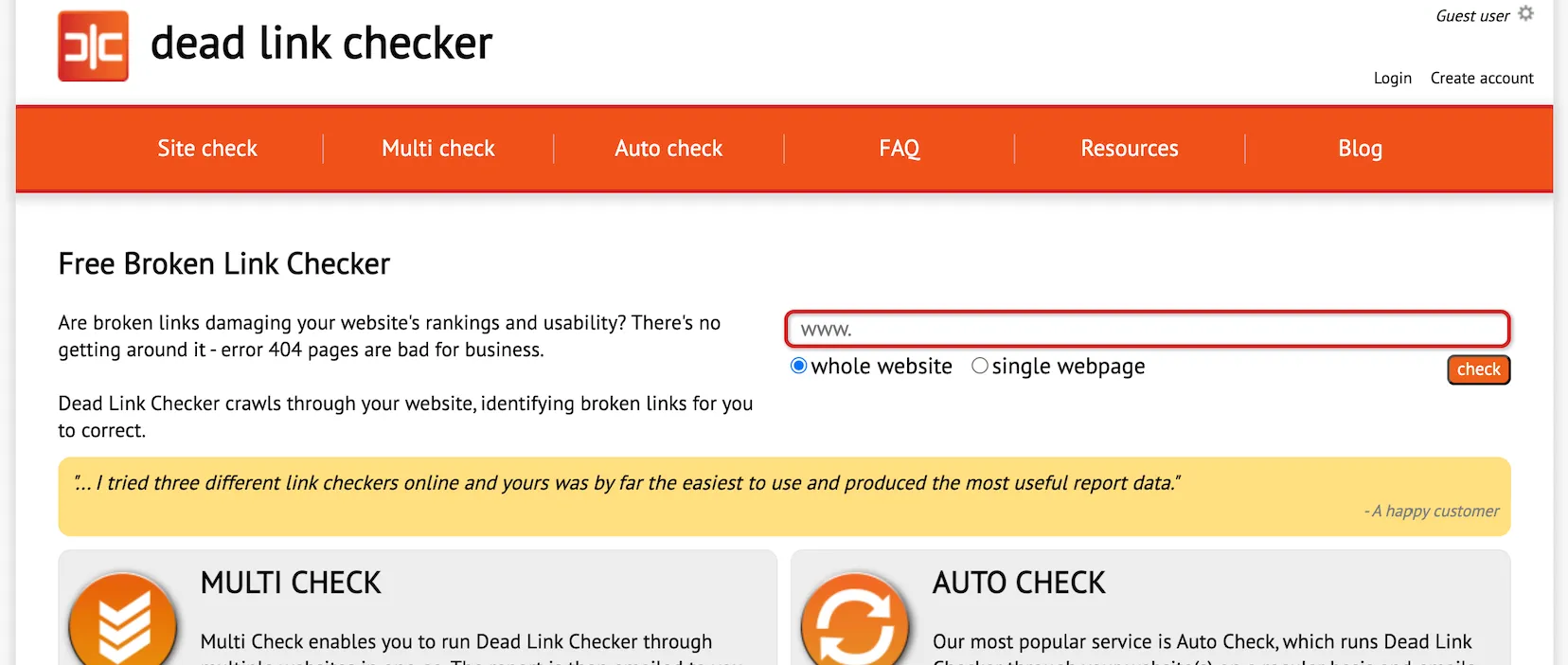
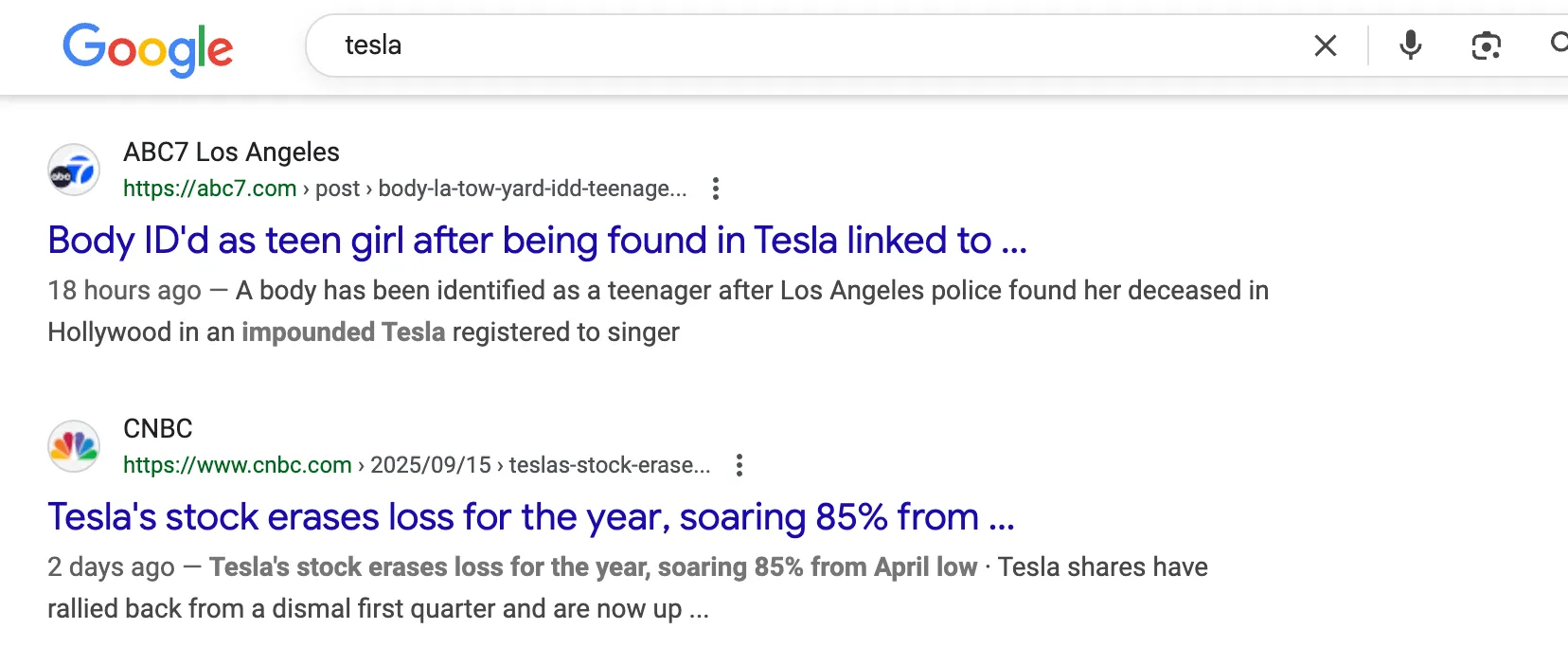
Monitor for brand mentions without links and reach out to site owners to request the addition of a hyperlink.

Quality backlinks are defined by their relevance and authority, originating from websites in a similar niche with high Domain Authority (DA) or Domain Rating (DR). These links are editorially placed, seamlessly integrated within the content’s body rather than tucked into sidebars or footers, acting as trusted endorsements from reputable sources. They feature contextual anchor text that aligns naturally with the linked page’s content, avoiding over-optimized keywords. Such backlinks come from trustworthy, established sites like educational institutions or industry leaders, carrying significant SEO weight. Ideally, they are "do-follow," passing authority to the linked page, unlike "no-follow" links. Additionally, high-quality backlinks drive meaningful referral traffic, providing value to both users and search engines by connecting topically relevant content in a natural, merit-based way.
The outreach stage focuses on identifying and connecting with potential link partners to build valuable relationships. This involves researching websites within the same industry to find suitable link opportunities and reaching out to propose link exchanges. While this stage demands significant effort, it plays a critical role in boosting both the quality and quantity of backlinks to a website, laying a strong foundation for SEO success.
In the content stage, the focus shifts to creating high-quality, relevant content tailored to the website’s niche and target audience. This content is optimized for search engine visibility, incorporating strategic backlinks to other authoritative, relevant websites. To maximize reach, the content is distributed across multiple channels, including social media, press releases, blogs, and other platforms, ensuring it engages audiences and attracts organic links.
The final stage involves ongoing monitoring and maintenance of the backlink profile. This includes tracking key metrics such as link quality, link age, and the authority of referring domains. Regular checks ensure that backlinks remain active and effective, while proactive steps are taken to remove broken links or those from low-quality websites, preserving the integrity and impact of the link-building efforts.
Buy Backlinks that improve your Search Engines Results Page positions!






Start improving your Search Engines Results Page positions today!
.png)




Yes, link-building can be considered a white hat SEO technique when it is done in a legitimate and ethical way. Link-building involves the creation of links from other websites to yours, which can help increase the visibility of your website and improve your search engine rankings. However, links should come from relevant and high-quality sources, and they should not be created in a manipulative or spammy way.

Domain Authority (DA) is a metric developed by Moz that measures the strength of a website's domain. It is based on a 100-point scale and considers a wide range of factors, including link profile, domain age, and credibility. Domain Authority scores can range from one to 100, with higher scores indicating a greater ability to rank well in search engine results.

A Domain Authority of 20 means that the website in question has an above-average ability to rank on SERPs.

A Domain Authority score of 40 indicates that the website has a good chance of ranking well for relevant search queries.

Our exceptionally talented in-house trained 70+ content writing team who are all well versed with the ghost blogging writing style.

Placements usually last indefinitely but we’ll guarantee them for at least 365 days from the time of placement for peace of mind. The majority will be around for many years.

A Domain Authority score of 10 indicates that a website has a moderate amount of authority and is likely to rank moderately well in SERPs.

A score of 30 means that the website is likely to have moderate success in ranking for relevant search queries.

A Domain Authority score of 50 is considered high above average, meaning a website is expected to have one of the best visibility in Google and other Search Engine results.

Content is created to fit perfectly on the blog owners website and we ensure it relates to your link. You’ll get a great natural looking relevent link.

Unlike others we get you real, editorial in-content links. Thats links and ‘mentions’ that exist naturally within the flow of the content along with a couple of other useful non competing links to further solidify the natural aspect of the content. No author boxes here.

You won’t be able to pre-approve however you can manage the live progress and see placements as we secure them from within your dashboard. The content is non promotional and written in a ghost blogging style so it would be unnecessary to pre approve.